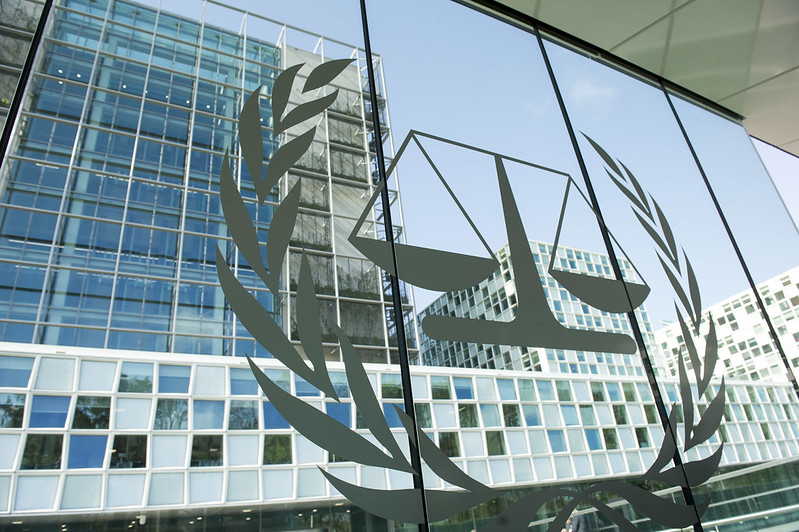Our Programme on International Peace and Security (IPS) has just published a briefing paper on the need to foster knowledge exchange between governmental and non-governmental experts. This paper follows on from IPS’s enquiry on how research and findings on the prevention of mass atrocities could be better channelled to policymakers in government, which started in late 2019 alongside partners from McGill University and the US Holocaust Memorial Museum. Over the following months, we engaged in a series of internal and external consultations regarding the possibility of developing a platform for sustained engagement between academics, expert practitioners, and policymakers aimed at expanding, supporting and sustaining the atrocity prevention agenda.
Our preliminary consultations revealed that, within the transatlantic region, there is an immediate need for sustained and effective knowledge exchange on atrocity prevention. This need, and the absence of meaningful exchange, has been further heightened by the current pandemic, and the urgent challenges it presents for policymakers, academics, and civil society alike. In our Briefing Paper, we propose the convening of a new transatlantic atrocity prevention platform aimed at fulfilling this need for greater interaction between academics, civil society and policymakers to reinvigorate the atrocity prevention agenda. This proposed platform will be comprised of a Transatlantic Atrocity Prevention Research Council and an Inter-Governmental Network for Atrocity Prevention. Through regular discussion and structured convenings, these prongs will have an interactive relationship, focused on delivering evidence-based and impact-oriented research on atrocity prevention.




